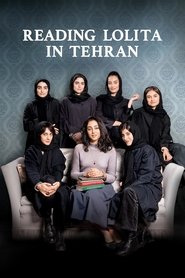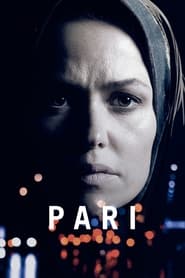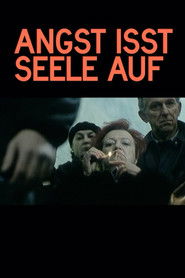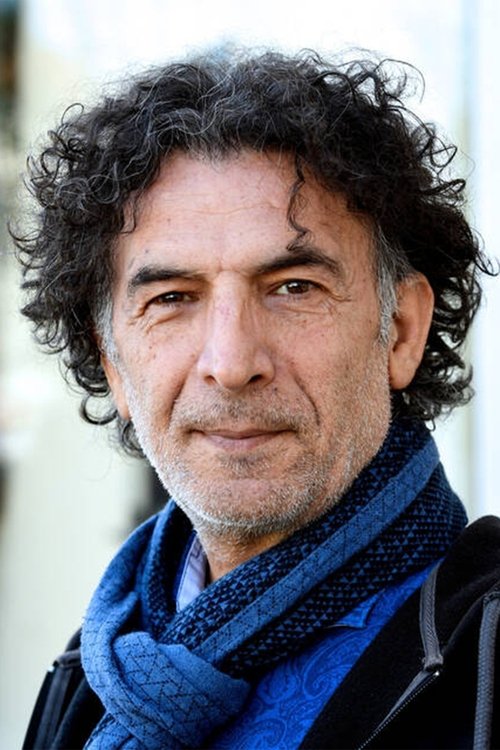detail profile shahbaz noshir
Peran Yang Di Mainkan Shahbaz Noshir
 As Islamic morality squads stage arbitrary...
As Islamic morality squads stage arbitrary...Reading Lolita in Tehran 2024
As Islamic morality squads stage arbitrary raids in Tehran and as fundamentalists seize hold of the universities, Azar Nafisi, an inspired teacher, secretly gathers six of her most committed female students to read forbidden western classics. Unaccustomed to being asked to speak their minds, they soon removed their veils, their stories intertwining with the novels they read: just like the heroines of Nabokov, F. Scott Fitzgerald, Henry James or Jane Austen, the women in Nafisi’s living room dare to dream, hope and love as we experience the complexity of the lives of individuals facing political, moral and personal siege.
 Babak an Iranian student in Greece...
Babak an Iranian student in Greece...Pari 2020
Babak, an Iranian student in Greece, doesn't show up to welcome his visiting parents at the Athens airport. Pari and her older husband, both devout Muslims abroad for the first time, are ill-prepared to search for their son in an intimidating and alien environment. All their attempts to find a clue that might lead them to him prove to be in vain and they soon reach a dead end. But Pari can't give up looking for him, even when returning to Iran seems like her only choice. Following the steps of her rebellious son in the darkest corners of the city, she will exhaust her inner strength to achieve more than a mother's search for her missing son.
 Shot with striking immediacy by a...
Shot with striking immediacy by a...Angst isst Seele auf 2002
Shot with striking immediacy by a subjective camera, “Angst isst Seele auf” assumes the point of view of a black actor in Germany dealing with racist abuse as he prepares to appear in a play based on Fassbinder’s film, about the taboo relationship between an older German woman and an Arab man. Sharing the same lead actress (Brigitte Mira), cinematographer (Jürgen Jürges), and editor (Thea Eymèsz) as in Rainer Werner Fassbinder’s 1974 Film “Angst essen Seele auf”, these twin works offer a searing indictment of prejudice within German society.

